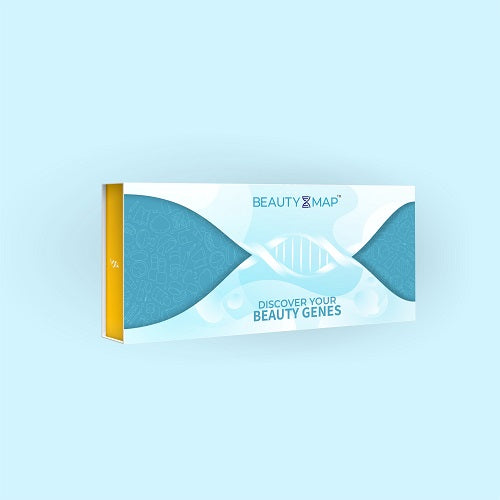Collagen Depletion
Collagen is a vital protein found in the body that provides structure and strength to various tissues, including skin, bones, muscles, tendons, and ligaments. It plays a crucial role in maintaining the firmness, elasticity, and hydration of the skin, contributing to a youthful and healthy appearance. However, as we age, the natural production of collagen decreases, leading to collagen depletion, which can result in visible signs of aging and other health concerns. In this comprehensive guide, we will explore the impact of gene variants on collagen depletion, ways to recognize problems associated with collagen loss, strategies to improve collagen levels, and intriguing facts about collagen depletion.
Impact of Gene Variant
Genetic factors play a significant role in determining an individual‘s predisposition to collagen depletion. Variations in certain genes can affect the synthesis, quality, and turnover of collagen in the body, influencing the rate at which collagen is produced and degraded. For example, mutations in genes encoding collagen proteins or enzymes involved in collagen metabolism can impair collagen synthesis or increase collagen degradation, leading to accelerated collagen loss and premature aging of the skin and other tissues.
Moreover, genetic variations may also influence the expression of genes associated with factors that regulate collagen production, such as growth factors, cytokines, and hormones. Changes in these regulatory genes can disrupt the delicate balance between collagen synthesis and degradation, contributing to collagen depletion and related health issues.
Ways to Recognize Problems
Recognizing the early signs of collagen depletion is essential for implementing timely interventions to slow down or reverse the process. Some common indicators of collagen loss include:
